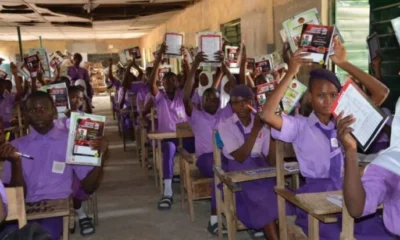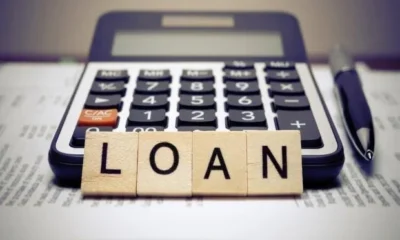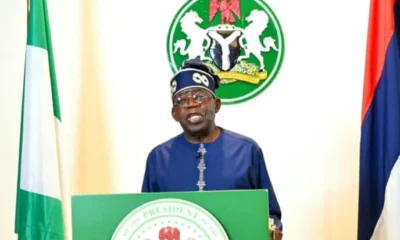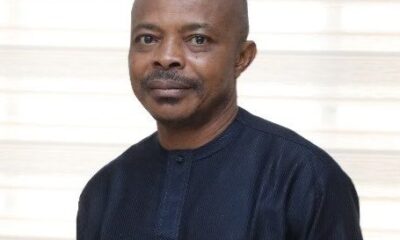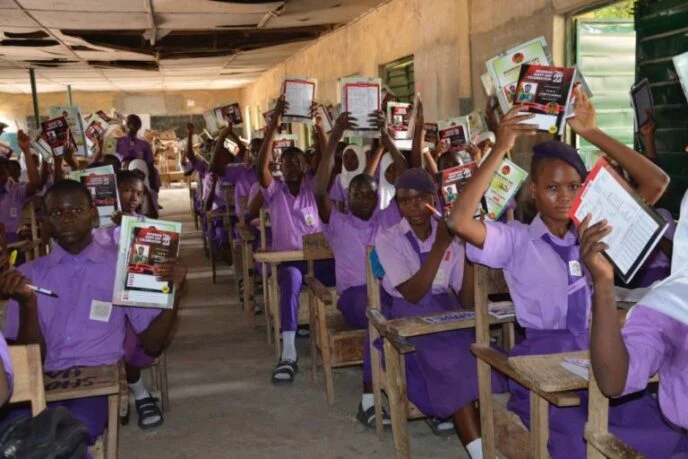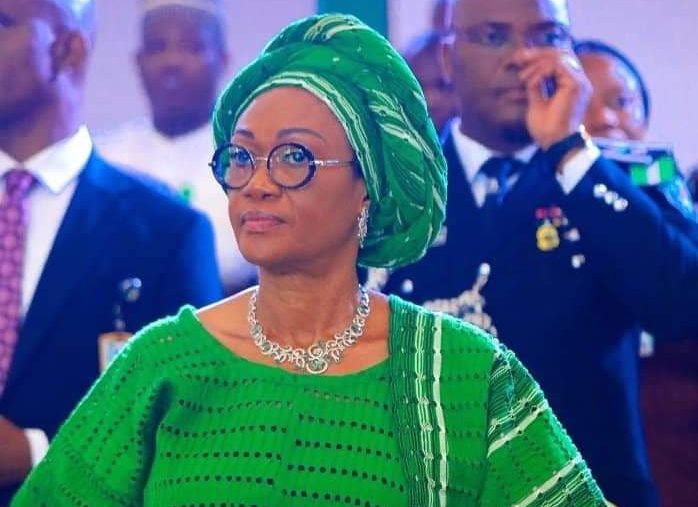Commercial banks in Lagos have started disbursing the old naira notes to customers at their various automated teller machines (ATMs) terminals and over the counter.
The banks were also observed to be accepting deposits of the notes — a development which is in compliance with the latest directive of the Central Bank of Nigeria (CBN) on the naira redesign policy.
Yielding to pressure to obey a the supreme court judgement, the CBN had said the old N200, N500, and N1,000 notes remain legal tender until December 31, 2023.
It also directed banks to comply with the court order by issuing and accepting the old notes.
“…consequently, all concerned are directed to conform accordingly,” the apex bank had said.
Checks by TheCable on Wednesday show that some commercial banks in Lagos have started to comply with the directives from both the court and the regulator.
It was observed that an Access Bank branch in Marina area of Lagos dispensed and collected the old notes from customers.
A visit to branches of Access Bank and Wema Bank in Ebute Metta, Lagos, also showed that the banks had started dispensing the old notes over the counter and via ATMs.
At Stanbic IBTC in Abule Ado, customers were paid over the counter, with a cap of N20,000; while Zenith Bank, in the same location, allowed a withdrawal of only N2,000 per transaction via ATM.
More so, customers thronged ATMs at branches of Sterling Bank, Zenith Bank, and the United Bank for Africa (UBA) in the Ikorodu axis of Lagos, to withdraw cash.
“They are dispensing,” a customer said, tersely.
CODES FOR DEPOSITS
While banks were seen to be dispensing the notes, deposits of the old N200, N500, and N1,000 were also accepted from customers.
However, TheCable observed that for deposits to be made, customers are still required to generate a CBN reference code — a process launched in February for the apex bank’s currency redemption exercise.
At all the bank branches visited by TheCable reporters, customers were mandated to generate the reference code before they could deposit their old naira notes.
TRADERS ACCEPTING OLD NOTES GRADUALLY
When it comes to the theatrics of the naira redesign policy, one major problem the CBN’s fresh directive seems to be addressing is the rejection of the old notes by traders and business owners, as the TheCable’s findings show.
Narrating his experience, Musa Ciroma, a businessman who had collected the old notes from the Access Bank branch ATM at Marina, said he had bought petrol with the money and it was accepted.
Motorists and traders in the vicinity also accepted the currency notes. Most businesses in Ikorodu have also started transacting with the old notes.
“Everyone is accepting the old notes. Traders started accept since yesterday [Tuesday],” a tomato seller in Ikorodu, said.
In Alaba Suru market, several traders were also willing to accept the new notes at the time of visit.
A grocery store owner in Satellite Town, who simply identified as Mama Twins, said she started accepting the notes since the apex bank had told them that they could transact with it.
“Since CBN has announced that we could collect the amount, I have started collecting it,” she said.
THE SCEPTICS
But some traders are still sceptical about collecting the old naira notes in spite of the CBN’s directive.
A student, who simply identified as Kunle, said some traders in Fagba, Lagos, were yet to fully embrace the acceptance of the old notes as legal tender.
“I was able to buy pepper from an ‘aboki’ seller. But other traders that sell petty items in the area did not collect the old notes,” Kunle told TheCable.
Similarly, some traders in various markets in the satellite towns of the federal capital territory (FCT) are also unsure about accepting the old naira notes.
According to NAN, some of the traders at Karu, Nyanya, and Mararaba Markets on Tuesday, said they would not accept the notes for any transaction until further notice.
“I am scared of collecting the old notes because I feel it will be rejected by the people I buy my goods from,” Beatrice Ibe, a tomatoes dealer at Nyanya Market, said.
“Yes, I heard that the CBN has directed that we should start to spend and accept the old notes but what about the people in the villages?
“Have they also heard about it? I doubt it.
“I am waiting for other traders in the market to start collecting or accepting the old notes before I will collect from my customers.”
Alphonsus Iguru, another trader at Mararaba Market, said he had some of the old N500 and N1,000 notes but yet to spend them.
Iguru appealed to the CBN to improve its sensitisation on the directive; saying that many people were yet to come to terms with the news.
“I have some of the old notes before but nobody agreed to collect them from me,” he said.
“We do not know what the CBN will say again tomorrow, I don’t want to collect from people now and tomorrow, it will be another story.”
CASH SHORTAGE — A PERSISTING CHALLENGE
Meanwhile, some banks at the time of visit were not dispensing the currency notes due to lack of cash.
An Access Bank branch in the Abule Ado area of Lagos, did not pay customers, citing unavailability of cash.
Yesterday, customers were able to withdraw N20,000, from the bank’s ATM. But they said the bank stopped issuing the old notes over the counter at about 1pm.
A report by The Punch on Thursday, suggested that several banks had run low on old notes as the scarcity of the new ones persist.
Quoting “a top industry executive close to the CBN” the report said the apex bank may not return the old notes to banks because it would reverse gains on its cashless policy.
“We don’t know if the CBN has destroyed the old notes in its custody or not. As we speak, we don’t also know if it will release the old notes to banks again but the truth is banks don’t have much of these old notes in their vaults. Sadly, customers are not depositing much again,” the managing director of a tier-2 bank was quoted as saying.
Credit: TheCable

 BIG STORY20 hours ago
BIG STORY20 hours ago
 BIG STORY3 days ago
BIG STORY3 days ago
 BIG STORY4 days ago
BIG STORY4 days ago
 BIG STORY3 days ago
BIG STORY3 days ago
 BIG STORY20 hours ago
BIG STORY20 hours ago
 BIG STORY3 days ago
BIG STORY3 days ago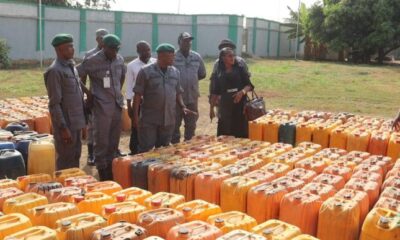
 BIG STORY3 days ago
BIG STORY3 days ago
 BIG STORY13 hours ago
BIG STORY13 hours ago







